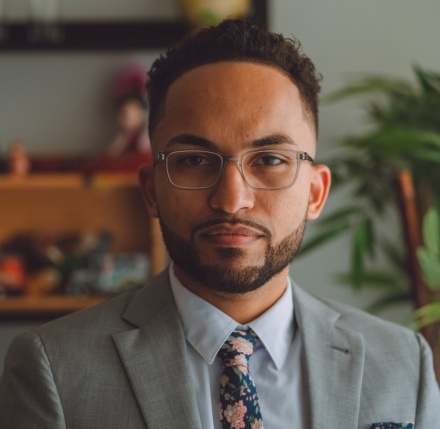The PhD in Theological and Ethical Studies is based on an integration of theological and ethical studies, while allowing a student to have a major area of focus within the two. The concentration presupposes that these disciplines cannot ultimately be separated from each other in Christian understanding.
Theology Focus
Students with this focus pursue the study of selected classical and contemporary theological constructions, with attention to their grounding in the broad stream of Christian tradition. It focuses particularly on biblical and Reformation trajectories that take seriously the issues raised in the modern and contemporary eras. A significant dimension of this engagement is the awareness of how theology contributes to moral deliberation, discourse and ethical praxis.
Ethics Focus
Students with this focus pursue the study of theological ethics or Christian social and political thought; study of a specific issue such as gender, race and class relations, war and peace, technology and culture, with attention devoted to related contextual, historical, and theological issues.
Emanuel (Ricky) Padillas is pursuing doctoral studies to construct a theology of mestizaje that recaptures the history of colonization, reshapes conceptions of metiza/o identity, and informs ecclesial pursuits of justice. His desire is to serve the Church through non-traditional educational ministries.

The PhD in Theological and Ethical Studies is a 40-credit hour degree program.
3 Foundational Courses (7-credit hours)
6 to 8 Courses in Major (18- to 24-credit hours)
Readings in Theological Method (Required Course)
3 to 4 Courses in Minor (6- to 9-credit hours)
2 Elective Courses as needed (6 hours)
2 Research Languages and/or Research Tools
Qualifying Exams
Dissertation Proposal
Dissertation and Defense
To add a focus in African American/Black Religious Studies, a student would take a minimum of fifteen hours of courses with specific African American/Black content, as selected by the student in consultation with their advisor. Persons opting for this focus would have an African American/Black advisor or consulting co-advisor, or as a committee member. At least one of the student’s Qualifying Examination questions would be on a dimension of African American/Black religion. The student’s dissertation would incorporate some element relating to African American/Black religious life and thought.
Graduates of this program will be able to
Garrett accepts applications from students with a masters degree in religious or theological studies from an accredited college or university and proficiency in the English language.
Applications are due by January 10th for the following fall.